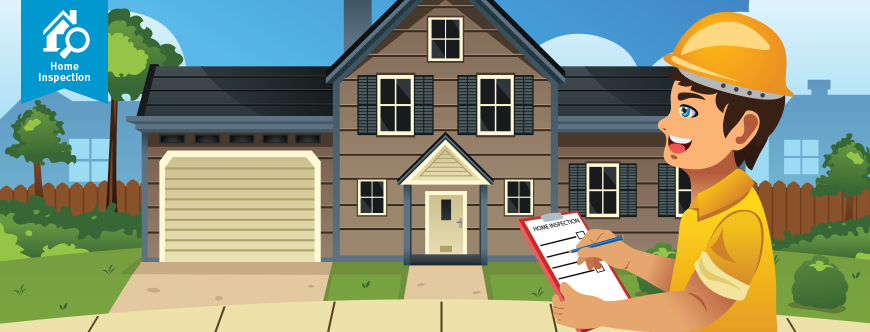Many states require that home inspectors hold an occupational license. In North Carolina, this means holding a North Carolina State License. There are also companies that train inspectors for certification. While most certification providers train inspectors in states without licensing programs, be sure to check the accreditation of the organization to ensure that the certification is recognized in your home state.
You can obtain a home inspection license in your home state by attending a home inspector training school to become a home inspector. The school should offer a program that includes at least 80 hours of classroom training. Online courses or correspondence courses are not acceptable. The coursework should prepare you to pass the state licensing examination, as well as to perform thorough home inspections and write reports that are easy to understand. Also, as a licensed home inspector, you must carry general liability insurance. If you plan to work independently, you must maintain the required insurance coverage in your state.
While home inspection training is available online or in person, it’s always advisable to consider a reputable company that provides quality instruction. The program should also provide free professional-grade software for you to use during the course. While online courses are generally free, offline courses may be expensive and may not prepare you for the real world of home inspection. Get California Home Inspector Training now.
Most states require aspiring home inspectors to complete a pre-licensing course. These classes are offered by many education companies, but it’s important to find a course that is specific to the requirements of your state. It is important to note that one-size-fits-all courses do not meet the standards of your state and are designed to attract those who are not familiar with the state home inspection regulations.
The career as a home inspector offers job security and financial flexibility. In addition, the process is relatively simple. The salary of a home inspector depends on the state where you live and your level of education. A bachelor’s degree in architecture or engineering can help you get ahead in the field. Some community colleges also offer courses that train you to perform in-home inspections. If you want to become a certified home inspector, then get in touch with FIA Inspections now.
Home inspectors must have strong interpersonal skills. It’s important to establish a good working relationship with real estate agents so that you can receive referrals. In addition, home inspectors must be good communicators, and they must know how to write a professional inspection report that is readable and understandable to the general public.
Home inspectors must also ensure that they have a quality website. While most referrals will find you through word-of-mouth, most new customers will first look for a home inspector with a professional website. This will help to reassure prospective customers of your legitimacy. A quality website should also have a scheduling tool that customers can use to book an appointment with you.
Home inspectors can work independently or as employees for inspection companies. The latter option is often more rewarding because it usually means full-time hours and a guaranteed paycheck. The job structure is also more structured. These employees will receive a W-2 as their income and have a better control over their schedules.
Depending on the state, some states require their home inspectors to take the National Home Inspector Examination. This four-hour test is worth $200-300 and requires a comprehensive preparation. It includes practice tests and study materials. After passing the exam, inspectors should join professional groups. These groups can provide them with referrals and improve their pipeline of business. Some notable groups include the North American Association of Home Inspectors (NACHI) and InterNACHI. Both organizations require a small fee for membership.
You can choose to work for an established home inspection company or start your own inspection business. Each has its pros and cons. The former will give you access to established colleagues and the experience of the company. However, you may be more likely to have more flexibility in your hours and salary if you work for yourself. The downside to starting your own business is the difficulty in obtaining clients. You will also need to network extensively in your area in order to make your business grow.
Regardless of the choice, becoming a home inspector requires education and training. Most states require around 60 to 140 hours of training before licensing. Some require even more. Some of the states also require on-the-job training.
Read also : ibomma

